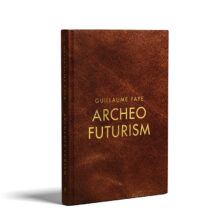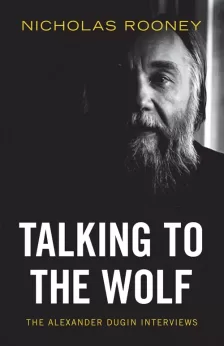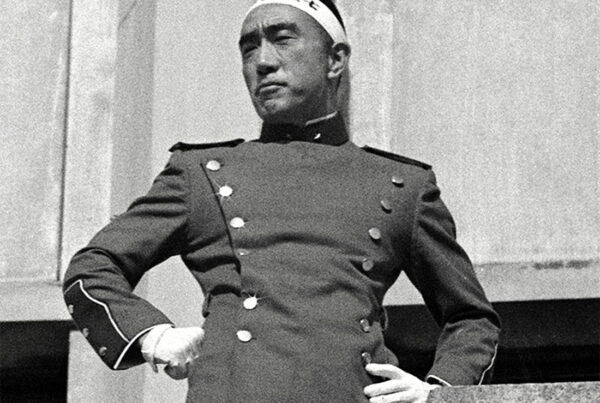The planetrain came to a halt in the underground station in Berlin. Time — and the stops in Paris, Brussels and Frankfurt — had passed unnoticed by Dimitri. During each acceleration and deceleration he had mechanically fastened and unfastened his belt.
A flock of screaming, playful children swarmed into the compartment. From their uniforms one could tell this was a group of ‘Eaglet’ scouts, the youngest division of the federal youth organisation. They were over-excited at the prospect of boarding a bullet-train for the first time. They were no doubt going to attend a camp in some forest in the Urals or Siberia. These camps were very popular.
One of the kids accidentally hit Dimitri in the face with his backpack. The leader of the group — a Valkyrie with an exquisite body — apologised profusely (seeing Dimitri’s prestigious Plenipotentiary Councillor’s uniform). She shouted in German at the kids, who suddenly became silent and took their seats.
Following the Renaissance of 2030, the demographic winter and the depopulation caused by the Great Catastrophe, demographic levels had risen again, as if the collective biological unconscious had been awakened. Now children were everywhere. Losses needed to be made up for, although 18% of the births among members of the elite were assisted by genetic engineering: pregnancies in incubators — saving women the trouble — ensuring a ‘planned genome improvement’. Use of this technology, however, was strictly banned in the neo-traditional communities and in any case subject to the approval of the Imperial Eugenics Committee. Children born through artificial procreation were often consecrated as ‘wards of the Empire’ and assigned to educational centres where they were trained to become ultra-performing cadres. China, the Federation’s great rival, had also adopted this policy; in the field of eugenics, it even held a certain advantage.
The train decelerated again. It was now reaching Warsaw. A dark-skinned and very beautiful girl with long, jet-black hair down to her shoulders and dressed in a violet sari stopped in front of the empty seat next to Dimitri.
‘I haven’t made a reservation, but can I sit here?’ she asked in English, pointing to the empty seat.
‘Please do, Miss…’
Dimitri’s heart rate increased slightly. The foreign girl gave off a sweet scent. As was customary, she introduced herself with an enticing smile.
‘My name is Nafissa Godjab. I am the daughter of the Maharaja1 of Gopal, the Indian Minister of Foreign Affairs. I have just completed a two months’ study programme in the Eurosiberian Federation.’
Dimitri in turn introduced himself, specifying his rank. ‘I’m the Plenipotentiary Councillor of the Inter-State Court of St. Petersburg, to which I answer. My role is to resolve conflicts within the Federation. I am also responsible to the Imperial Government in Brussels, where my offices are located. I am now returning from a meeting that took place in one of our states, Brittany, and will be joining my family for a ten days’ holiday in my native town, Dorbisk, in eastern Siberia, on the shores of the Bering Strait.’
The Indian girl gazed at Dimitri’s uniform with a silent smile.
‘So you’re an important man, then? And no doubt a very cultured one, too?’
Dimitri wasn’t sure what to answer. The young aristocrat was making a strong impression on him and he could feel himself blush. He said, ‘I have a daughter your age. Her name is Lizia. She looks like you, although she’s blonde; she’s as charming as you are. She’s studying history… As for whether I’m an “important man”, this is a different matter. I serve the Great Homeland and travel across it, far and wide, to ensure its unity…’
The girl didn’t answer. She lowered her eyes and took a small recorder out of her tiger-skin bag.
‘Mr. Councillor, in the Indian Empire they don’t teach world history very well. It is as if they wish to hide what happened. Not even my own father will speak a word about it. What happened after the end of the Twentieth century? In my country people speak of a “Great Rapture”.’
Nafissa was speaking in a low voice, staring at Dimitri with her wide, black eyes. The Councillor couldn’t refuse any request from a daughter of the Minister of Foreign Affairs of the Indian Empire on a study exchange in the Federation. It was a diplomatic requirement that he answer. And besides, she was so pretty… So Dimitri decided to hold a short history course.
Acceleration pinned them to their seats. The screen in front of them displayed the speed of the train: ‘7,800 kilometres per hour. Next stop Kiev, in 15 minutes.’ A list of airship connections for a dozen Ukrainian cities followed.
‘The world you know today,’ Dimitri started explaining to the girl, ‘has little to do with that of the twentieth century. The civilisation that had developed between the sixteenth and twentieth centuries and had progressively spread globally — the period which reactionary, backward-looking idiots continue to refer to as the Golden Age or “500 years of glory”, and which they would like to restore — was founded on utopia and ended with a deadlock and monstrous collapse. In line with the scientific predictions made in the late twentieth century, and which governments ignored, this global civilisation and politico-economic system brutally plunged into chaos because of a dramatic convergence of disasters of all sorts that multiplied, according to the “chaos theory” or “catastrophe theory” developed by twentieth-century mathematicians René Thom and Ilya Progogine.’
‘How did this happen? Have you got any memories of it?’
‘I was ten when it all happened. The explosion hit suddenly, without any warning, in 2014. But of course you are so young…’
Dimitri gazed intently into the eyes of this 20-year-old Indian beauty. His gaze then lingered, almost involuntarily, on the girl’s breast, which was protruding from under her sari.
‘Please answer my question, Mr. Councillor, and stop giving me the eye — it’s not proper. I should remind you that in the Indian Empire, interracial love affairs are strictly punished, even when they take place abroad.’
Nafissa was speaking calmly, with a smile on her face. Dimitri blushed and cleared his throat.
‘But that wasn’t at all my intention. Now, let me answer your question. First off, “chaos theory”: any system, be it a civilisation, moving vehicle, drop of water on the wing of a plane, climate condition, human relationship or living being, is a form of balance deriving from complex interrelations. It is enough for a single parameter to change for the whole system to suddenly fall out of balance: the civilisation will crumble, the drop of water will fall off the wing of the plane, a storm will break out, a couple will divorce, symptoms of illness will appear, and so on. The system, in other words, will disappear — this is the “catastrophe”. Then, after a period of latency and resetting — the “chaos” — a new system will come to light, one based on different relationships. This is precisely what happened to the global civilisation of the twentieth century. It was too big a bubble not to burst.’
‘I think I understand. But how did it all happen? I’m interested in this because I also study traditional theatre and would like to write a piece about this mysterious “Great Catastrophe”.’
‘What?’ Dimitri said with surprise. ‘Don’t they teach you anything in Indian schools? Have you never studied history?’
‘No. In my country, the people in charge have decided to remain silent on this matter. They pretend nothing happened — that the “old world” never existed. No doubt because they fear people may want to restore this ancient civilisation and return to the Western model. Besides, we don’t have any “history courses”. The word itself doesn’t exist. History for us doesn’t exist: what we are taught about are our ancestral traditions and the lives of our gods. Of course, I belong to the caste of those who have preserved a technological lifestyle and have a passport to travel abroad, but still…’
‘But what?’ said Dimitri, who was impressed by the intellectual brightness of the Indian girl.
‘Your “theory of catastrophe” is simply what our poets call the mechanism of tragedy. As I told you, I’m studying theatre. The ancient Greeks, too, used to say the same thing.’
Get the paperback, hardcover, ebook, or audiobook of Faye’s Archeofuturism here.
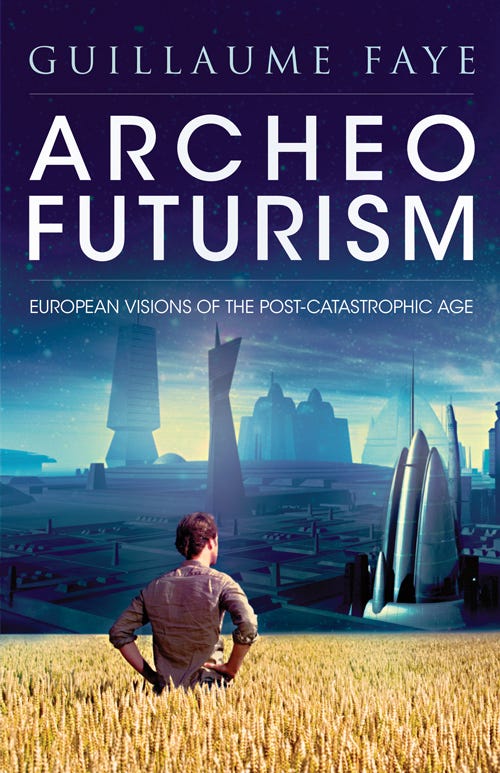
Or purchase the limited leather-bound collector’s edition of Faye’s Archeofuturism:
US customers
European customers
Now with a flat shipping rate of $7.50, both for US and European customers!
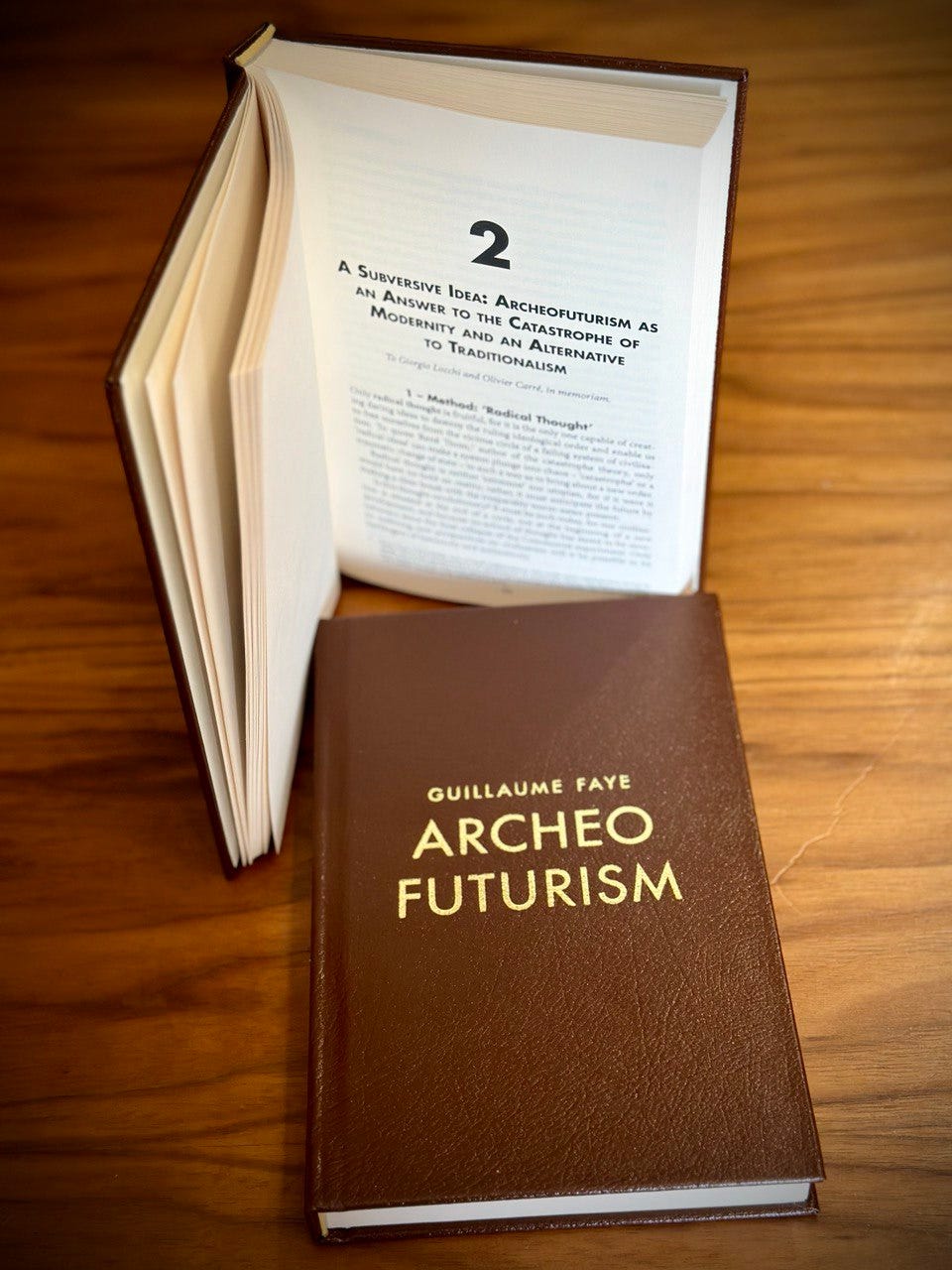
Footnotes
Maharaja is Sanskrit for king.




